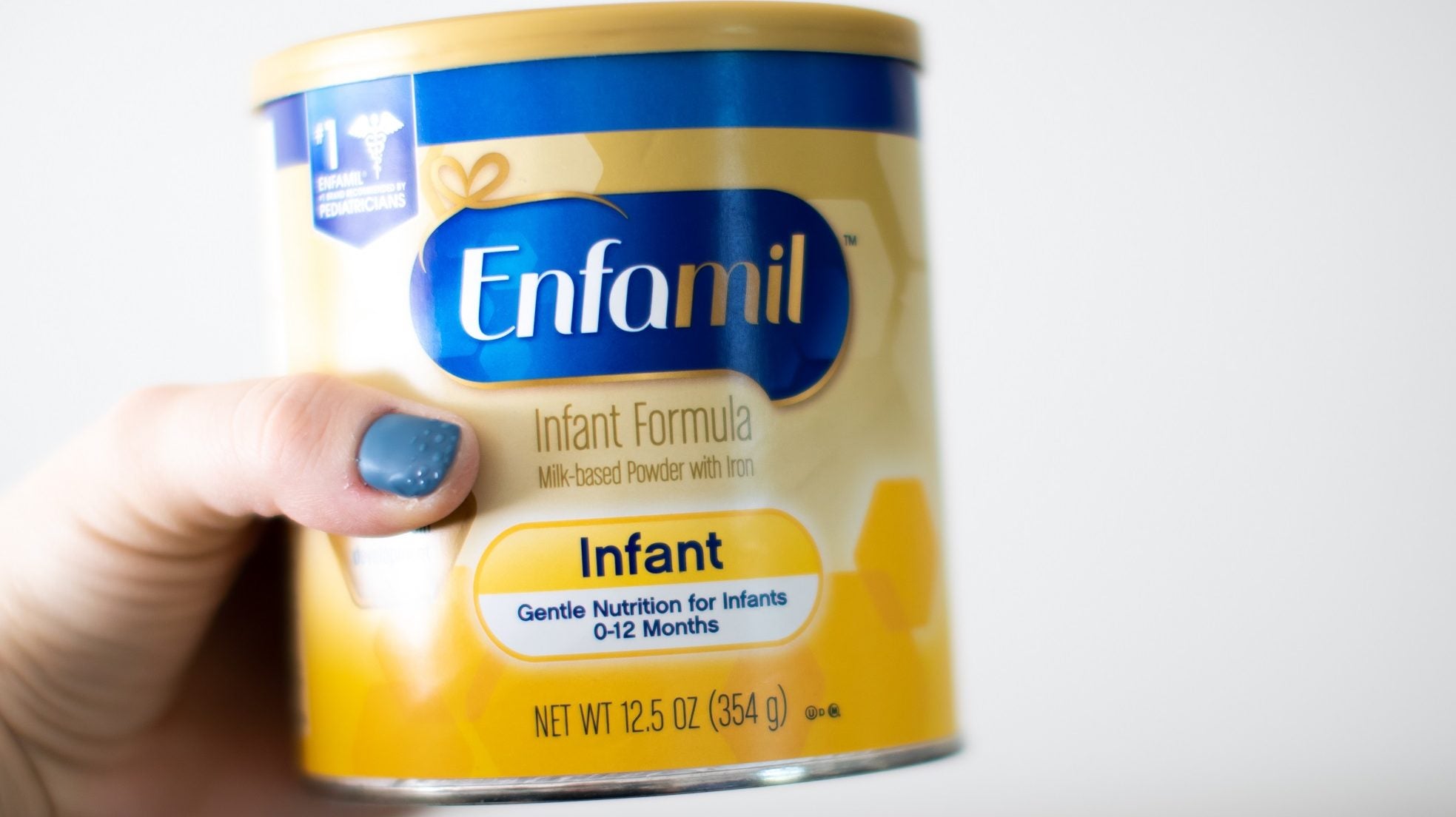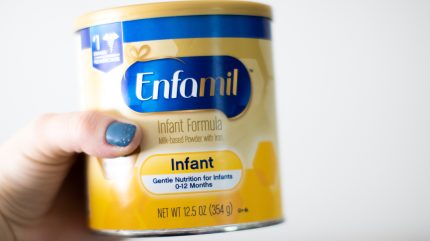

There’s no shortage of headlines about the infant-formula sector at the moment. In the UK, the competition regulator has its spotlight on the industry amid fierce debates over pricing and promotions. And, across the Atlantic, manufacturers are under scrutiny for a number of reasons that will be causing furrowed brows in boardrooms.
On Thursday, the US Federal Trade Commission (FTC) called on national regulators to re-evaluate policies to boost competition and resilience in the national baby formula market.
Weighing up the reasons for the nationwide infant-formula shortage in the US in 2022, the FTC said the market has been dominated by “relatively few manufacturers” over the past two decades.
The FTC also asked regulators to consider the risks associated with single-supplier contracts with the US Department of Agriculture’s Women, Infants and Children (WIC) programme, which provides free formula to low-income families.
Plenty there, then, for infant-formula manufacturers operating in the US to chew over. But it was the news out of a courtroom in Illinois the day before that would have really caught the eye.
A jury awarded $60m in damages to the mother of a baby that died after being fed Enfamil infant formula. According to reports, the premature baby of Jasmine Watson died from the intestinal disease necrotizing enterocolitis (NEC) after being given Enfamil formula.
Access the most comprehensive Company Profiles
on the market, powered by GlobalData. Save hours of research. Gain competitive edge.

Company Profile – free
sample
Your download email will arrive shortly
We are confident about the
unique
quality of our Company Profiles. However, we want you to make the most
beneficial
decision for your business, so we offer a free sample that you can download by
submitting the below form
By GlobalData
The jury sitting on the case in the Illinois state court in St. Clair County found Mead Johnson, Reckitt’s US subsidiary, was ‘negligent’ because the company failed to warn mothers of the risks to premature babies from NEC as a result of consuming infant formula.
According to the National Institutes of Health (NIH) in the US, NEC is a life-threatening illness with a mortality rate of up to 50% and mostly affects “neonates”.
Reckitt defended its position. “We stand by the safety of our products. We do not believe that any of our products cause NEC. While we continue to offer our deepest condolences to Ms. Watson, we strongly disagree with the jury’s decision to fault Mead Johnson and award damages,” the company said.
“We continue to believe that the allegations from the plaintiff’s lawyers in this case were not supported by the science or experts in the medical community. This was underscored during the trial by a dozen neonatologists. We will pursue all options to overturn the verdict.”
Reckitt investors did not take the court award lightly, with around £5bn ($6.35bn) wiped off the London-listed group’s value on Friday in the wake of the announcement.
There have been question marks in the City about the performance of Reckitt’s infant-formula business and the outlook for the division but the verdict in Illinois sent the company’s shares to a ten-year low on Friday, with its shares closing down almost 15% (the share price has picked up a little today, rising more than 3% at the time of writing).
The legal case has prompted City analysts covering Reckitt to wonder what else might be on the horizon.
Jefferies analyst David Hayes, while making plain his commentary contained “no qualified legal opinion” (“We are not lawyers,” he added), nonetheless underlined the concern about what could come next.
“The uncertainty now is how many cases and what average award might evolve. We suggest the liability risk is zero to £8bn-plus. Our base case assumes £5.5bn,” he said.
Hayes said the case in Illinois did not allow for punitive damages against Mead Johnson and Reckitt, only covering compensatory damages. The next state-based case is due to start in St Louis “in a few months”, he added.
“This case will allow for compensatory and punitive award. We have not been able to determine the exact number of individual state cases that are in progress, but could be running in the dozens, we believe. Additionally, a federal level MDL [multi-district litigation] class action lawsuit has been set up which consolidates over 400 additional cases. That MDL is selecting ‘bellwether’ cases, used to ascertain the strength of the cases and potential for future settlements. Those bellwether cases are currently expected to be heard in early 2025, we believe.”
Over at AllianceBernstein, the bank’s analysts covering Reckitt said they were “weary with the surprises” at the company suggested the rout on Reckitt’s shares was overdone but, understandably, were also uncertain about the potential cost to the company moving forward.
“A claim of ‘failure to communicate’ appropriately seems fair in some of the cases. We still think Reckitt fails to do so on today’s Enfamil website! But the cost of a likely settlement should be well below $60m. We argue that $1 to $3m, per case, seems a fair per-case estimate. The number of cases heavily depends on how much the current consumer communication matters,” they wrote.
“Our base case cost be £400m (£0m to £1.2bn) and would have warranted a 1% to 3% share price drop, not the 15% share price drop we saw. But we can see a scenario for this being a much bigger pay-out.”
Hayes pointed out US-based Abbott Nutritionals is also a defendant in the multi-district litigation, underlining that legal concerns don’t just stop at Reckitt’s door.
And, while the FTC’s report took in the entire industry and suggested the potential for wide-ranging reform, we noted the comments made by US journalist Helena Bottemiller Evich in her Food Fix newsletter on food policy in the country.
Bottemiller Evich was central to the reporting of the infant-formula shortage in the US two years ago and is a well-respected source on the sector.
She described the FTC’s report as “pretty measured”, with the agency “finding that infant formula isn’t your typical story of unfettered capitalism, or mergers and acquisitions runamok, but one where government programmes play a big role, too”.
Central to that is the federal WIC programme, which is the major purchaser of infant formula, with around half of all products purchased with WIC benefits to support less-well-off families.
“Talking about reforming WIC in any way is a super touchy subject,” she wrote. “Throughout the report, you can tell that discussing any changes to WIC is an extremely sensitive issue. Driving this point home, all three FTC commissioners issued a statement alongside the report emphasising the importance of WIC, saying they ‘unequivocally support the mission’ of the programme.”
She added: “It’ll be interesting to see whether or not lawmakers take interest in this issue. Everyone was interested when the shelves were bare, but I hardly hear about this anymore from lawmakers. Even with these findings from FTC, I’m not expecting much to happen here. Congress is having a tough time moving anything forward these days, especially anything that costs money.”

